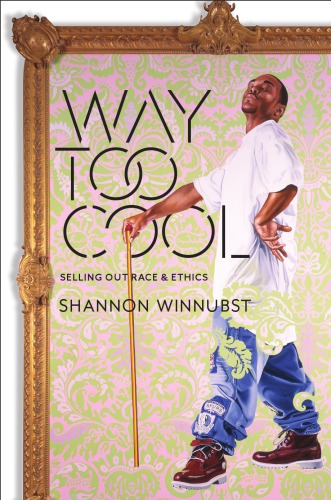

Most ebook files are in PDF format, so you can easily read them using various software such as Foxit Reader or directly on the Google Chrome browser.
Some ebook files are released by publishers in other formats such as .awz, .mobi, .epub, .fb2, etc. You may need to install specific software to read these formats on mobile/PC, such as Calibre.
Please read the tutorial at this link: https://ebookbell.com/faq
We offer FREE conversion to the popular formats you request; however, this may take some time. Therefore, right after payment, please email us, and we will try to provide the service as quickly as possible.
For some exceptional file formats or broken links (if any), please refrain from opening any disputes. Instead, email us first, and we will try to assist within a maximum of 6 hours.
EbookBell Team

4.4
72 reviewsLife, liberty, and the pursuit of cool have informed the American ethos since at least the 1970s. Whether we strive for it in politics or fashion, cool is big business for those who can sell it across a range of markets and media. Yet the concept wasn't always a popular commodity. Cool began as a potent aesthetic of post-World War II black culture, embodying a very specific, highly charged method of resistance to white supremacy and the globalized exploitation of capital.
Way Too Cool follows the hollowing-out of "coolness" in modern American culture and its reflection of a larger evasion of race, racism, and ethics now common in neoliberal society. It revisits such watershed events as the 1960s Civil Rights Movement, second-wave feminism, the emergence of identity politics, 1980s multiculturalism, 1990s rhetorics of diversity and colorblindness, 9/11, and Hurricane Katrina, as well as the contemporaneous developments of rising mass incarceration and legalized same-sex marriage. It pairs the perversion of cool with the slow erasure of racial and ethical issues from our social consciousness, which effectively quashes our desire to act ethically and resist abuses of power. The cooler we become, the more indifferent we grow to the question of values, particularly inquiry that spurs protest and conflict. This book sounds an alarm for those who care about preserving our ties to an American tradition of resistance.